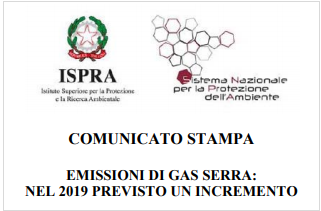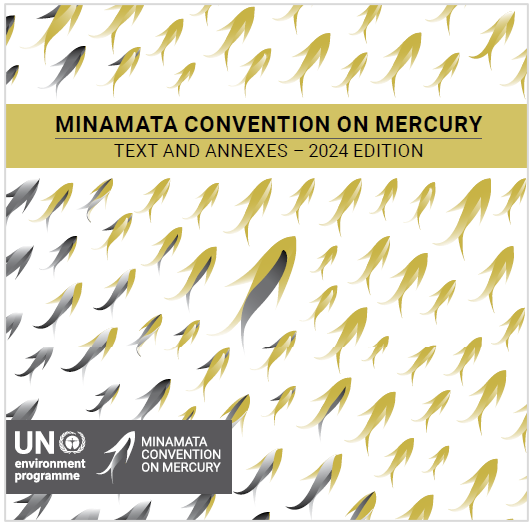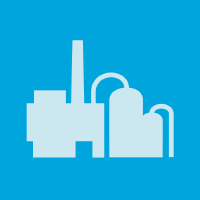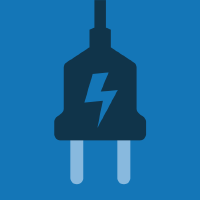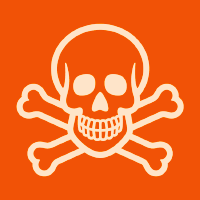BREF surface treatment using organic solvents for wood with chemicals
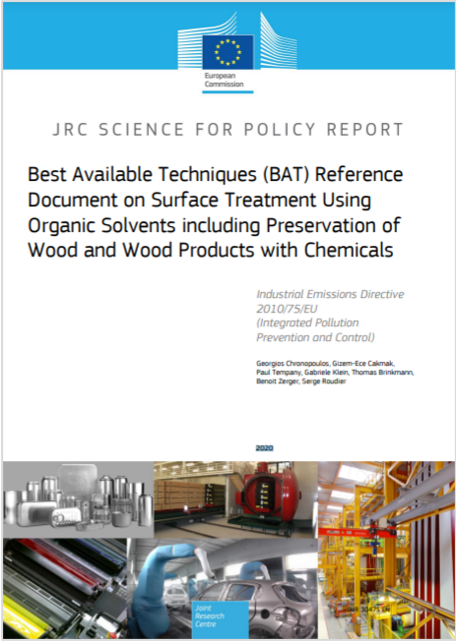
BREF on Surface Treatment Using Organic Solvents including Preservation of Wood and Wood Products with Chemicals
Ed. 2020
FD 2019
29 April 2020 BAT conclusions
The IED Article 75 Committee gave a positive opinion on the draft Commission Implementing Decision establishing BAT conclusions for surface treatment using organic solvents including preservation of wood and wood products with chemicals (STS) through a written procedure due to the COVID-19 situation.
Industrial Emissions Directive 2010/75/EU (Integrated Pollution Prevention and Control)
This BAT reference document (BREF) covers the following activities specified in Annex I to Directive 2010/75/EU:
- 6.7: Surface treatment of substances, objects or products using organic solvents, in particular for dressing, printing, coating, degreasing, waterproofing, sizing, painting, cleaning or impregnating, with an organic solvent consumption capacity of more than 150 kg per hour or more than 200 tonnes per year.
- 6.10: Preservation of wood and wood products with chemicals with a production capacity exceeding 75 m3 per day other than exclusively treating against sapstain.
- 6.11: Independently operated treatment of waste water not covered by Directive 91/271/EEC provided that the main pollutant load originates from activities specified in point 6.7 or 6.10 of Annex I to Directive 2010/75/EU.
This document also covers:
- the combined treatment of waste water from different origins provided that the main pollutant load originates from the activities specified in point 6.7 or 6.10 of Annex I to Directive 2010/75/EU and that the waste water treatment is not covered by Directive 91/271/EEC.
Review of BAT reference documents (BREFs)
BAT is a dynamic concept and so the review of BREFs is a continuing process. For example, new measures and techniques may emerge, science and technologies are continuously developing and new or emerging processes are being successfully introduced into the industries. In order to reflect such changes and their consequences for BAT, this document will be periodically reviewed and, if necessary, updated accordingly
...
segue in allegato
Allegati
|
Descrizione |
Lingua |
Dimensioni |
Downloads |
 |
|
EN |
20050 kB |
17 |
 |
|
EN |
43592 kB |
12 |
